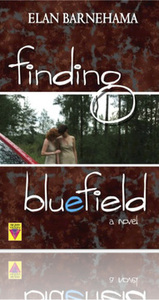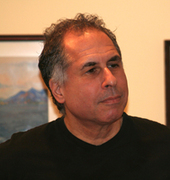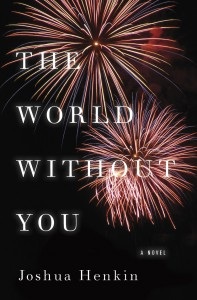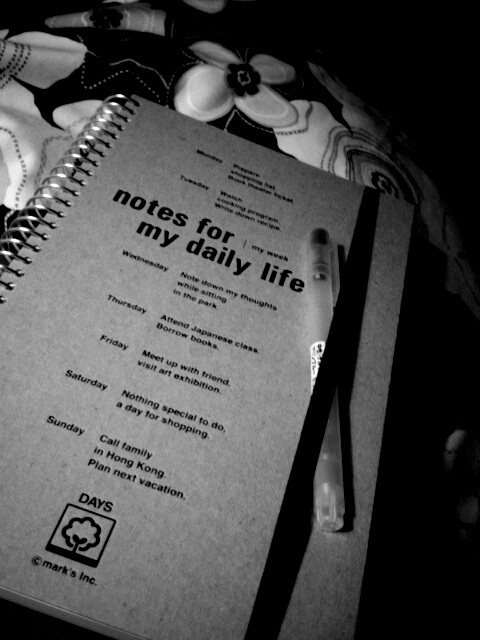
I wrote a novel whose two main characters are lesbians. This confuses some people because I am not a lesbian. Because I am also not a woman. And because I am not gay.
When I set out to write my novel, Finding Bluefield, I did not expect my main character to be a woman, much less for that woman to fall in love with another woman. But there I was, a straight man hooked by these two characters, Nicky and Barbara, and their voices, and the story they wanted me to tell. As I ventured into unfamiliar-for-me- situations, my characters, Nicky and Barbara, found themselves in 1960’s Virginia navigating unknown territory during a time when relationships like theirs were mostly hidden and often dangerous.
I couldn’t be more different than Nicky. Nicky was a seventh generation Virginian whose family had farmed the same land for over 200 years. For my part, I am a first generation US, born and raised in New York City by parents who spoke with thick accents and gave me a name other kids found impossible to pronounce. Add to that a vision condition that alienated others, and I was a poster child for “the outsider”. But my character Nicky went abruptly from insider to outsider, harshly felt the rejection of her community, the unexpected exclusion from her family, and there we found common ground. But, while both Nicky and I were angry, a bit surprises, and understandably frightened, she was never ashamed of who she was. As a child, I was. But if I had given any weight to specific details of what happened to me as a child I would never have let Nicky have the correct response for her and for the novel.
I’m not sure who started encouraging writers to “write about what you know”. At first glance it seems...

http://www.writersdigest.com/online-editor/why-you-should-write-about-what-you-dont-know#comments
Elan Barnehama










